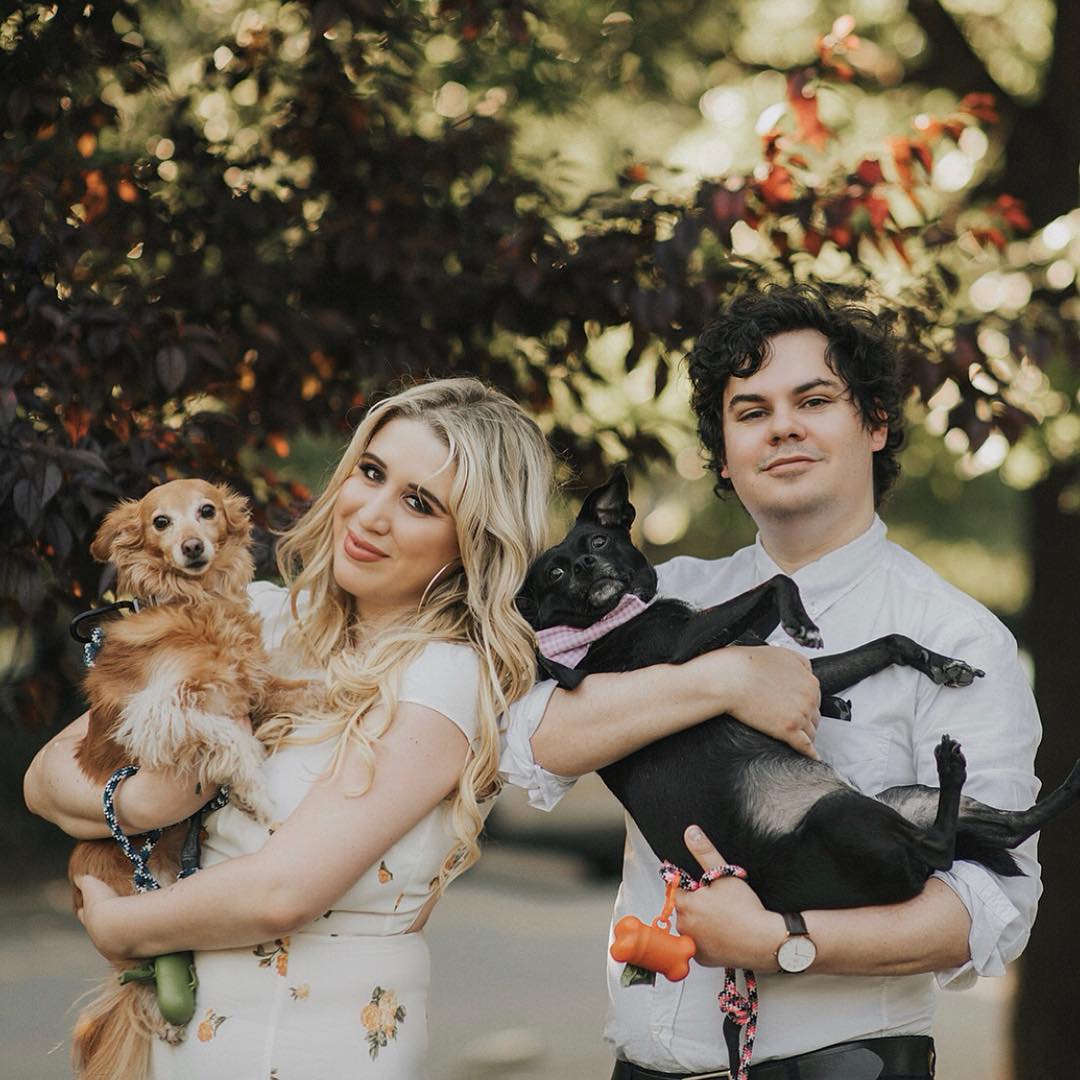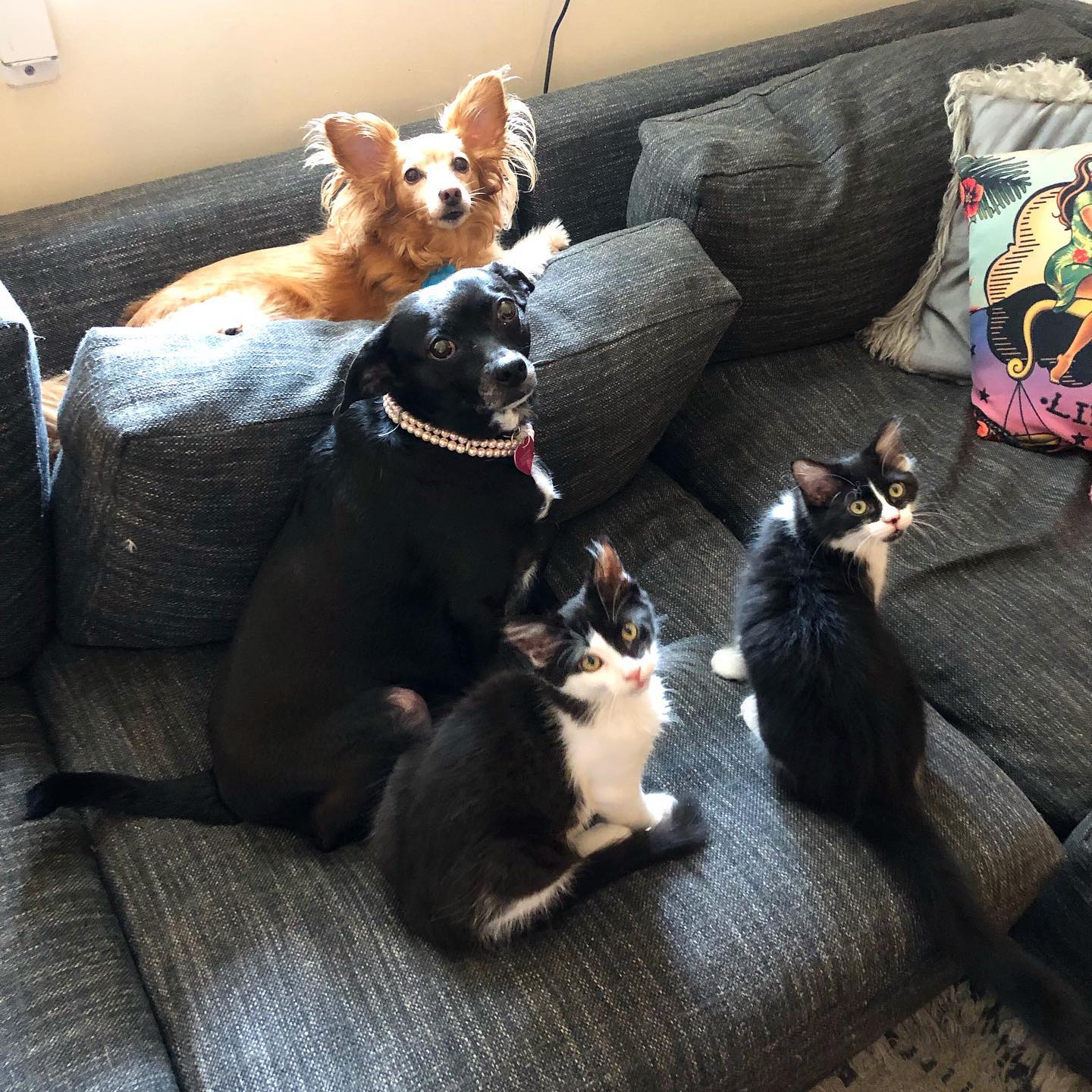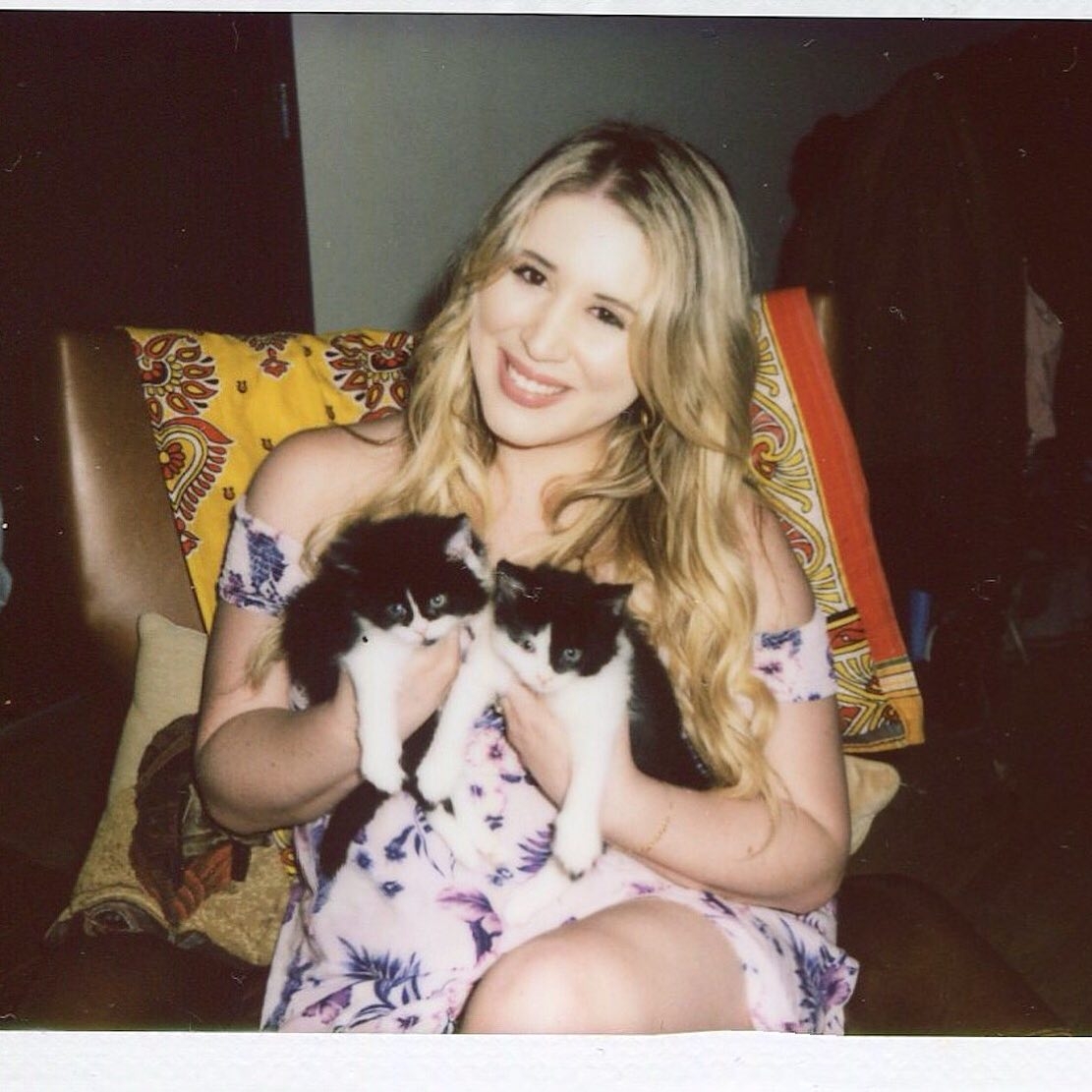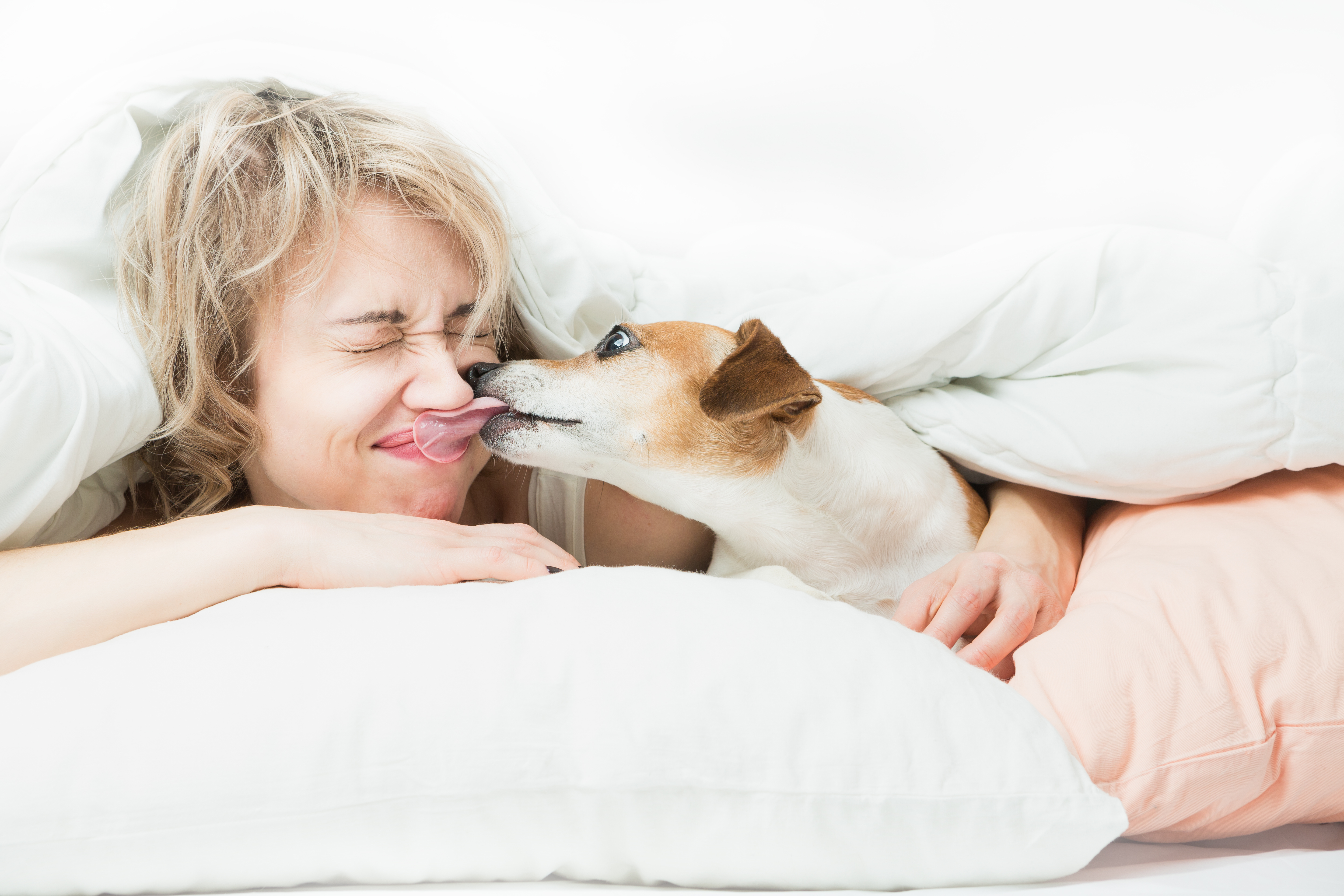The first thing I did when diagnosed with mental illness was drive across the border and adopt two Mexican street dogs.
The diagnosis didn’t come as a surprise: I’d known something was wrong for years — I just didn’t know what to call it. But now, thanks to a new doctor, I did: Panic Disorder and PTSD prompted by trauma sustained as a teen. It made sense: I panicked daily, everything scared me, and I was triggered by the same few things. After college, it got so bad I dropped out of grad school, moving back home and staying indoors, too anxious to leave, anticipating inevitable panic attacks.
So when the doctor declared I had PTSD, I felt no defeat, but relief. Finally, an explanation — meaning finally, maybe… a way to cope and manage my symptoms.
Already in therapy and on medication, I knew I needed to do something different — something big. Like Clifford. Aha! That’s it, I thought: I needed an emotional support dog.
“That’s a terrible idea,” everyone said. “That takes commitment.”
In their defense, I was a 22-year-old grad-school drop-out who’d abruptly moved home in the midst of a mental breakdown: I wasn’t exactly exuding “responsible” vibes. But I’d made up my mind, and I was getting a dog.
And I certainly had plenty of science in my defense: Research proves that pets can improve mental health by reducing stress, decreasing symptoms of anxiety and depression, especially in people with PTSD. The University of Western Australia concluded that pets help their owners socialize and maintain friendships, instead of isolating themselves. What’s more, pets can help instill more healthy discipline in their owners. Faced with all the evidence, I thought, I couldn’t afford not to get a dog.
My mom, unlike everyone else in my life, was very much on board, and helped me find a rescue in Mexico and supported me to reach out. Within minutes, I received photos and bios of stray dogs in Tijuana, and within seconds, fell in love with not one, but two of them.
“It’s a good thing. They each need a friend,” I told myself, knowing I couldn’t choose.
By that same time next week, I had driven to the border and adopted Lou and Tina, two chihuahua mixes who were found on the street. They weren’t the easiest: Tina was traumatized from her time on the street — she’d gotten hit by a truck and broke her back legs — and quite like me, was skittish, exhibiting symptoms of PTSD. And Lou was a puppy with abandonment issues who required lots of care, taken from his mom far too soon. I was nervous about taking them home and worried about how my lifestyle would have to change — but I refused to let fear stop me like it had so many times before. This time, I told myself, It wasn’t just about me.
And, yes, my life did change, but in ways that were ultimately good for me. I stopped sleeping in, even when I was sad, because I had to take Lou and Tina out in the morning. On our walks, when I panicked, I had to keep going, since that’s what they needed. I had to push forward and be there for them, no matter how I was feeling. And sitting back and wallowing was simply no longer and option when Tina, as she often did, panicked and lunged at strangers and I had no choice but to perk up.
I eventually adapted to this new lifestyle, and found myself happier than I’d been in years. I loved spending all that time outside, walking and running with my furry workout buddies. I didn’t even mind waking early to feed them — in fact, I liked it. I was feeling joy again, and I was much more productive as an early-riser. So many wins!
Then, one day, about a month in, I woke up and realized: I hadn’t panicked in weeks. I was leaving the house on a regular basis. And I was writing again! It was like adopting the dogs pushed the “reset” button on my well-being, giving me the chance to emotionally start anew.

Inspired, I re-applied to grad school. And less than a month later, the dogs and I were on a plane heading to New York, where I’d start a new job the next day, and grad school later that summer.
It’s been five years since then: I’ve since graduated with my master’s degree, and now I’m pursuing a second one, too. We even added to our family along the way, when I met Lou and Tina’s dad — otherwise known as my husband — and more recently (and accidentally) two kittens, who were abandoned in our backyard.

I’m under no illusion that adopting a pet fixes all your problems — mental health is not that simple. But in my case, I realized that getting better had to begin with a willingness to make changes in my life, and that shift started with the decision to open my home and heart to my dogs. And if nothing else, pets do one very important thing: They remind you that the world doesn’t revolve around you. All I know is Lou and Tina saved my life, and I don’t know where I’d be without them.
Follow us here and subscribe here for all the latest news on how you can keep Thriving.
Stay up to date or catch-up on all our podcasts with Arianna Huffington here.


